Can Vietnam mirror success of 'Miracle on the Han River'?
Experts point to Vietnam's need to achieve self-sustaining growth
By Son Ji-hyoungPublished : Dec. 18, 2022 - 15:07
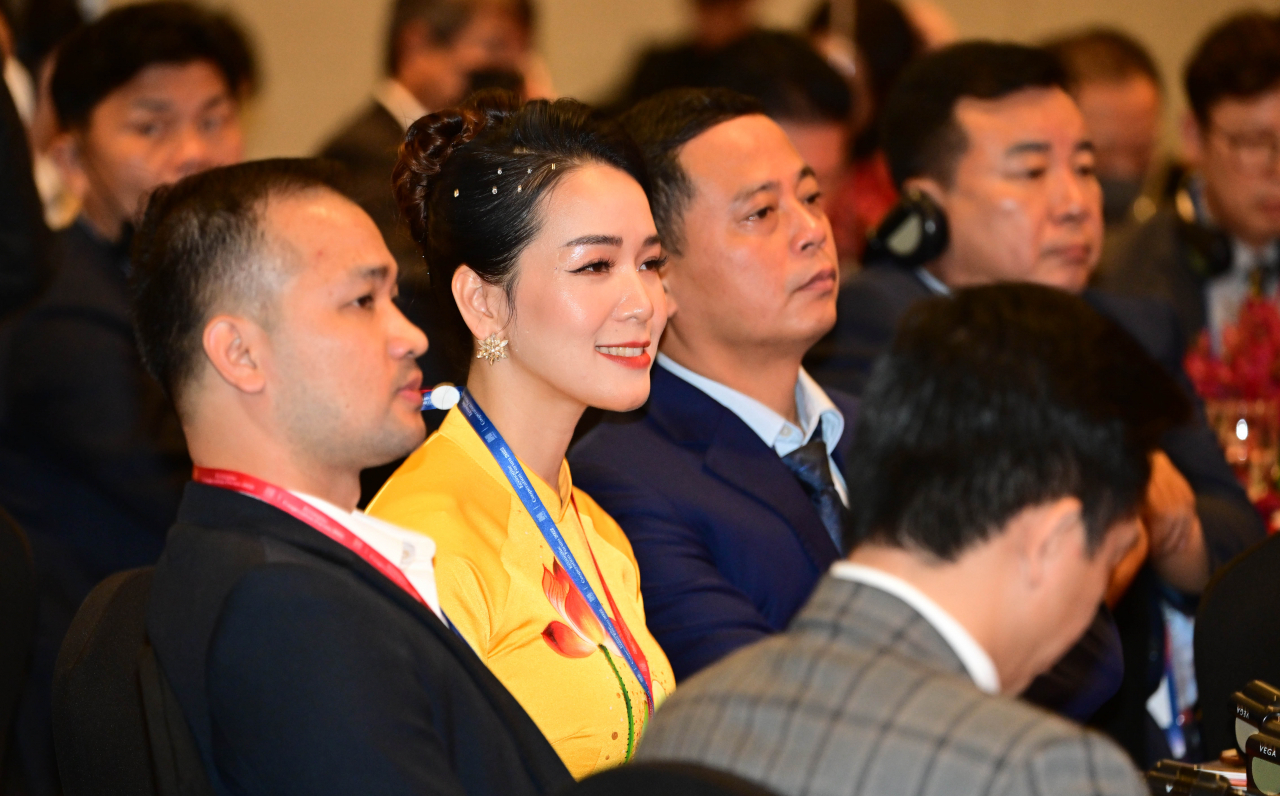
HANOI, Vietnam -- Behind the explosive economic growth of Vietnam, which achieved a 5 percent growth of real gross domestic product annually for two decades -- 1.7 times faster than the global average -- lies its dependence on foreign government aid for development and direct capital investment projects.
As Hanoi looks to set the stage for full-fledged modernization nationwide, there is a growing need for Southeast Asia's fourth-largest economy to be independent, in part through promoting higher education, fostering entrepreneurship of the young generation and enhancing infrastructure.
These agenda items were discussed by panelists during the Korea-Vietnam Economic Cooperation Forum 2022, "Great Together, Next Prosperity 100!" co-hosted by Herald Corp., publisher of The Korea Herald and Herald Business.
"Since the door-opening (in 1986), Vietnam has sought to achieve modernization and industrialization and maintained a high level of economic growth, ... so we pin high hopes on achieving the 'Miracle on the Red River' on our own," said Bui Quang Tuan, director general of the Vietnam Institute of Economics.
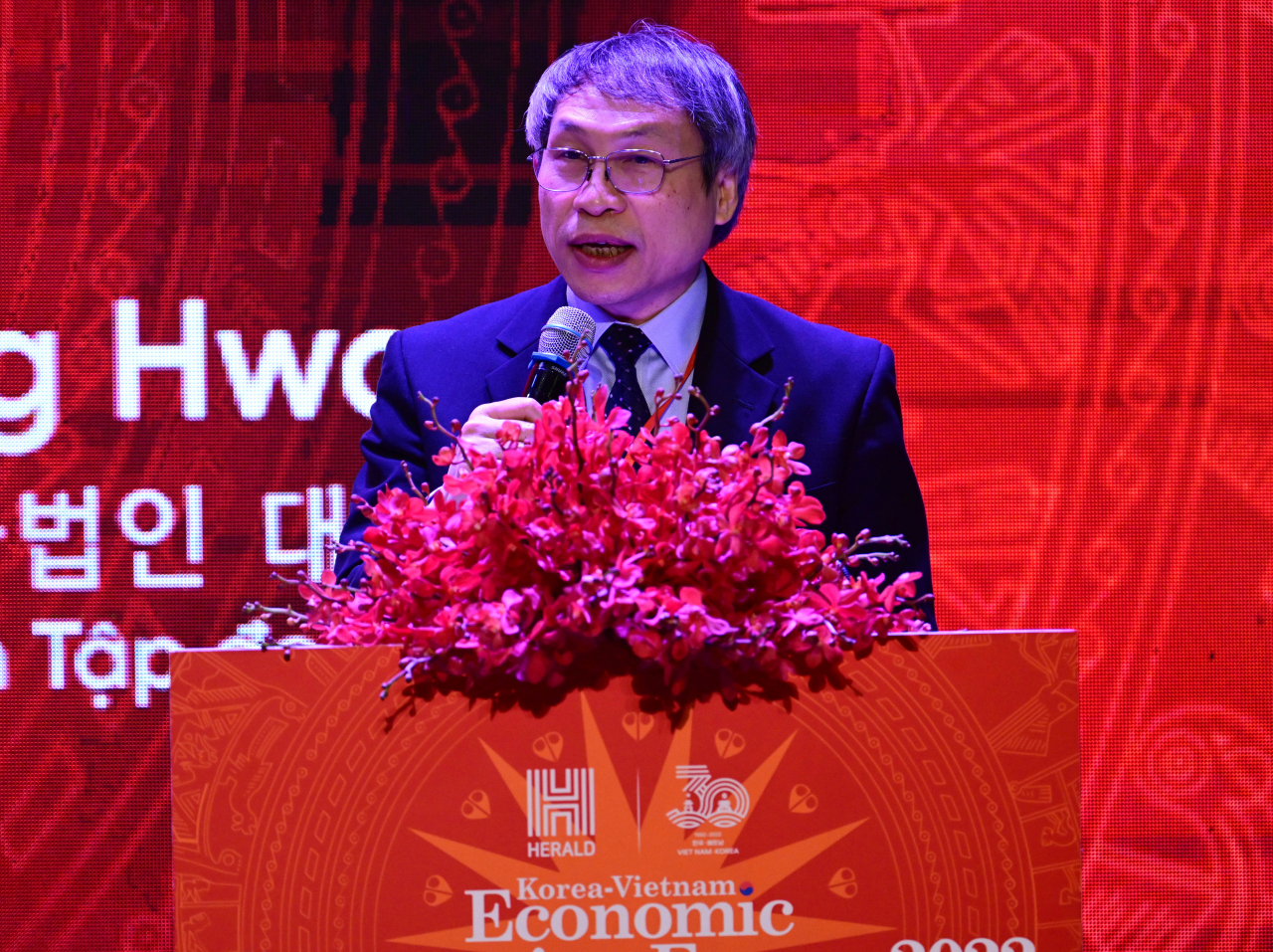
There appears to be a long road to go for Vietnam to achieve what could be equivalent to Korea's "Miracle on the Han River," given its heavy reliance on foreign investors' direct capital inflow, as well as official development assistance, panelists noted.
An entity receiving a foreign direct investment can enjoy an inflow of capital and at the same time an opportunity to gain access to the technical know-how of foreign investors. Vietnam had cumulatively received $241.6 billion in foreign direct investment as of end-2021.
Oftentimes, even those providing assistance for Vietnam to achieve self-sufficiency were foreign investors.
For example, Samsung Electronics joined hands with the Ministry of Industry and Trade of Vietnam to nurture electronic component vendors for its smartphone and home appliance manufacturing base across Vietnam -- which generated a total of 25 percent of the nation's entire GDP. Also, Samsung has moved to train molding experts in Vietnam and help Vietnamese plants adopt uncrewed automated factory systems.
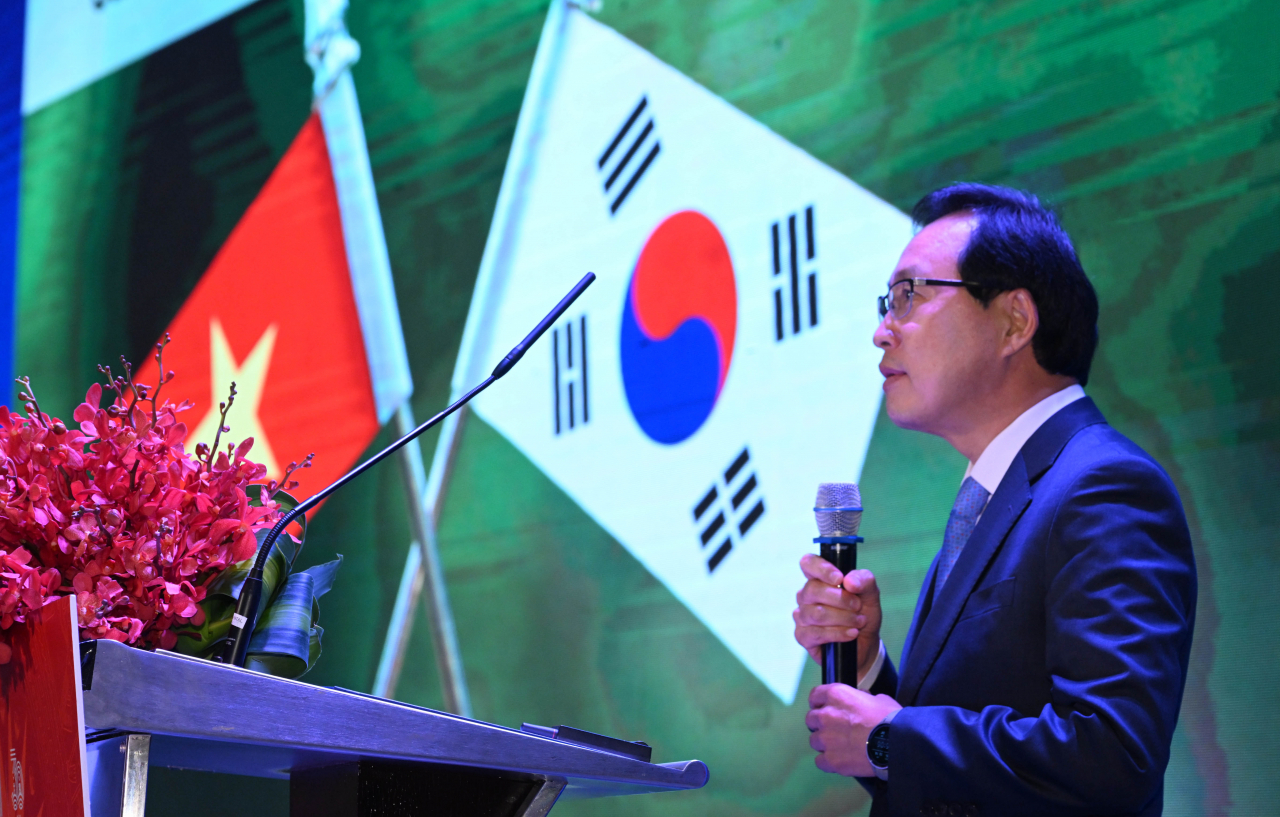
The moves have increased the number of Vietnam-based first-tier and second-tier vendors for Samsung by tenfold to 257 in 2022 in eight years, according to Samsung Vietnam President Choi Joo-ho at the forum.
But the growing contribution of foreign direct investors to Vietnam's economy could be a bane for Vietnam in the long run, given their dominance in the nation's exports could slow down the growth of domestic players.
The foreign direct investment companies exported a total of $247 billion worth of goods in 2021. This represents 73.6 percent of the nation's total exports, up from between 60 and 70 percent in the past, according to an estimate by the Vietnamese government.
"The capital accumulation of Vietnam's homegrown private-sector companies seems to be extremely low," said Rep. Hong Sung-kook, a lawmaker of the main opposition Democratic Party of Korea.
"This is a worrying sign. ... In the long run, this is likely to put a brake on Vietnam's self-sustaining growth."
Also, now is the time to reduce Vietnam's reliance on official development assistance from foreign countries, with Korea being the second largest official aid provider to Vietnam after Japan.
"Vietnam cannot constantly remain an ODA recipient," Vietnam Institute of Economics' Tuan said. "It is time for independent development."
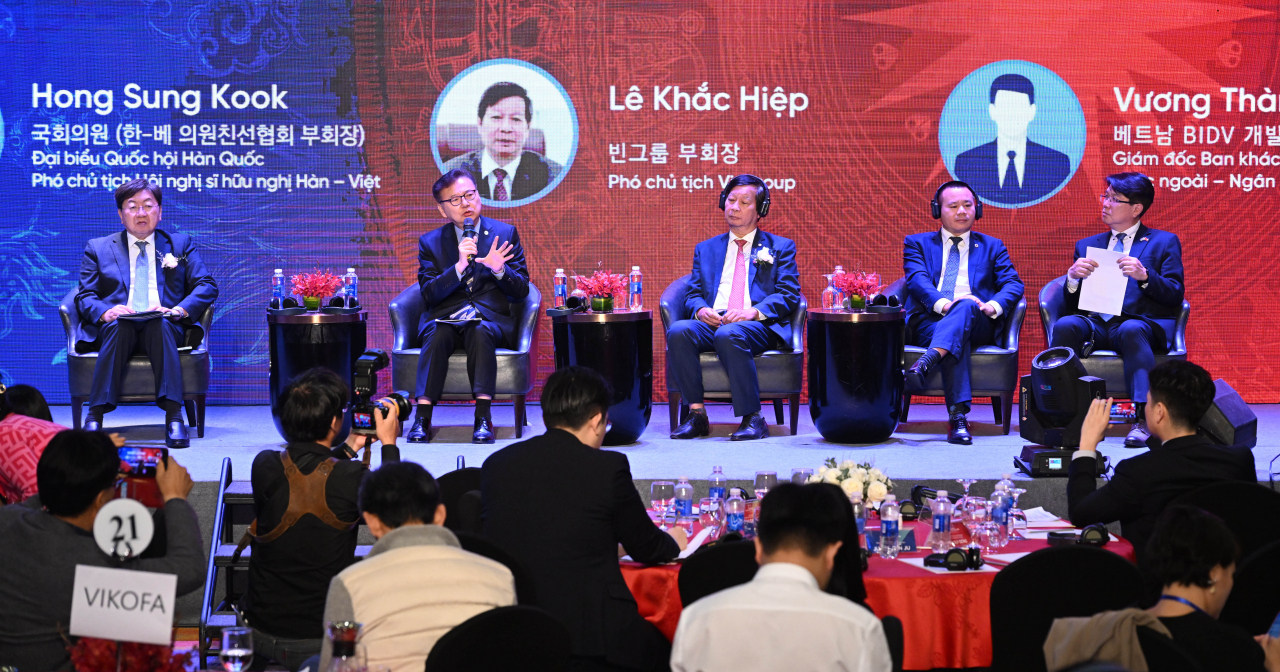
The key to independence would be more infrastructure for higher education and promotion of entrepreneurship of the young generation, in the country where nearly half of the population is aged between 20 to 49, panelists noted.
Hong of the Democratic Party said Vietnam should have more universities for tech-savvy high school graduates, while Cho Bong-hyun, vice president of Industrial Bank of Korea, said the limited financing access of Vietnamese small- and medium-sized enterprises in Vietnam could "hamper the innovation" of the national economy.
Other panelists stressed a need for enhanced infrastructure for sustainability and an improved standard of living in order for Vietnam to achieve the miracle.
Han Seung, head of the overseas development group at Daewoo E&C, said its smart city infrastructure project across Vietnam is aimed at ensuring the safety of the residents, while Kim Chun-jin, president of the Korea Agro-Fisheries and Food Trade Corp., said food technology is crucial to ensure the safe delivery of fresh foods.
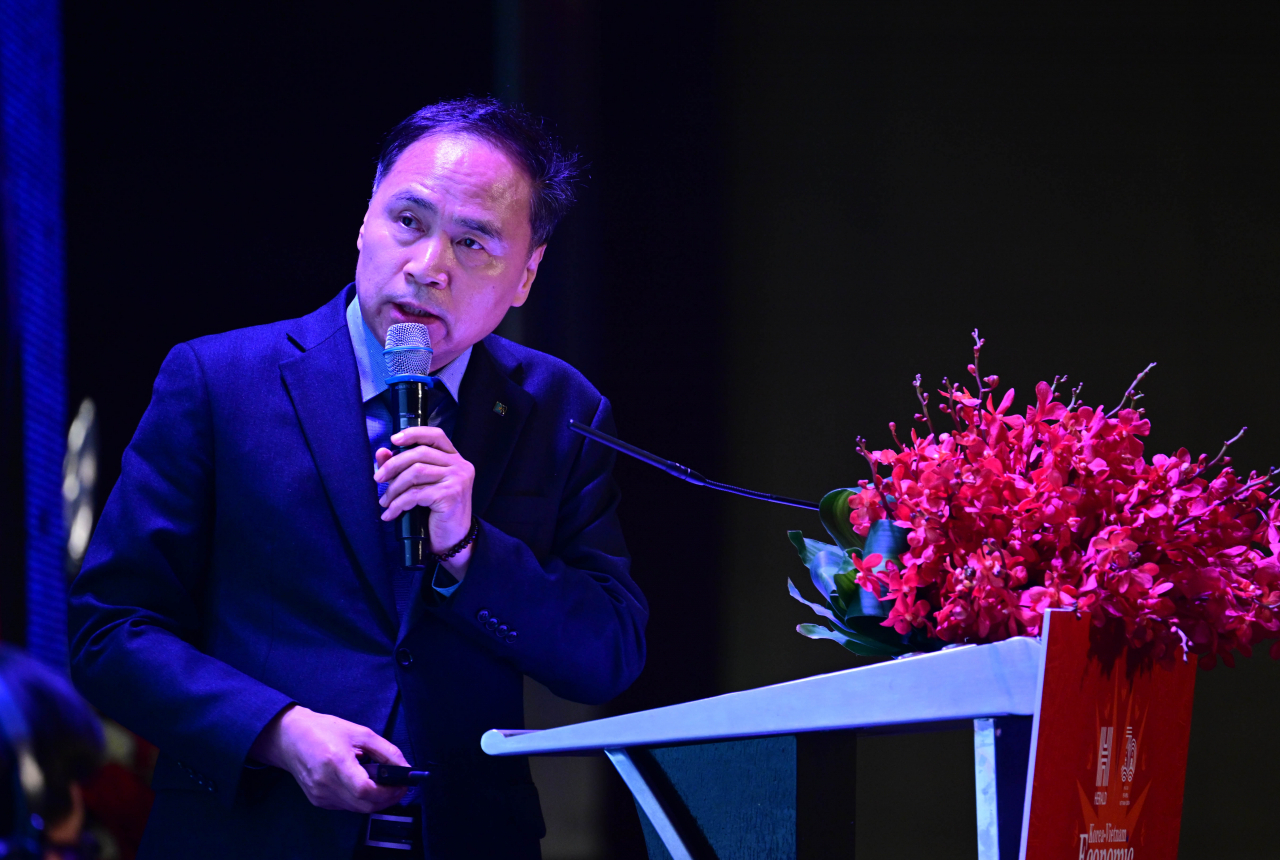








![[KH Explains] Hyundai's full hybrid edge to pay off amid slow transition to pure EVs](http://res.heraldm.com/phpwas/restmb_idxmake.php?idx=644&simg=/content/image/2024/04/18/20240418050645_0.jpg&u=20240419100350)







![[From the Scene] Monks, Buddhists hail return of remains of Buddhas](http://res.heraldm.com/phpwas/restmb_idxmake.php?idx=652&simg=/content/image/2024/04/19/20240419050617_0.jpg&u=20240419175937)

![[KH Explains] Hyundai's full hybrid edge to pay off amid slow transition to pure EVs](http://res.heraldm.com/phpwas/restmb_idxmake.php?idx=652&simg=/content/image/2024/04/18/20240418050645_0.jpg&u=20240419100350)

![[Today’s K-pop] Illit drops debut single remix](http://res.heraldm.com/phpwas/restmb_idxmake.php?idx=642&simg=/content/image/2024/04/19/20240419050612_0.jpg&u=)